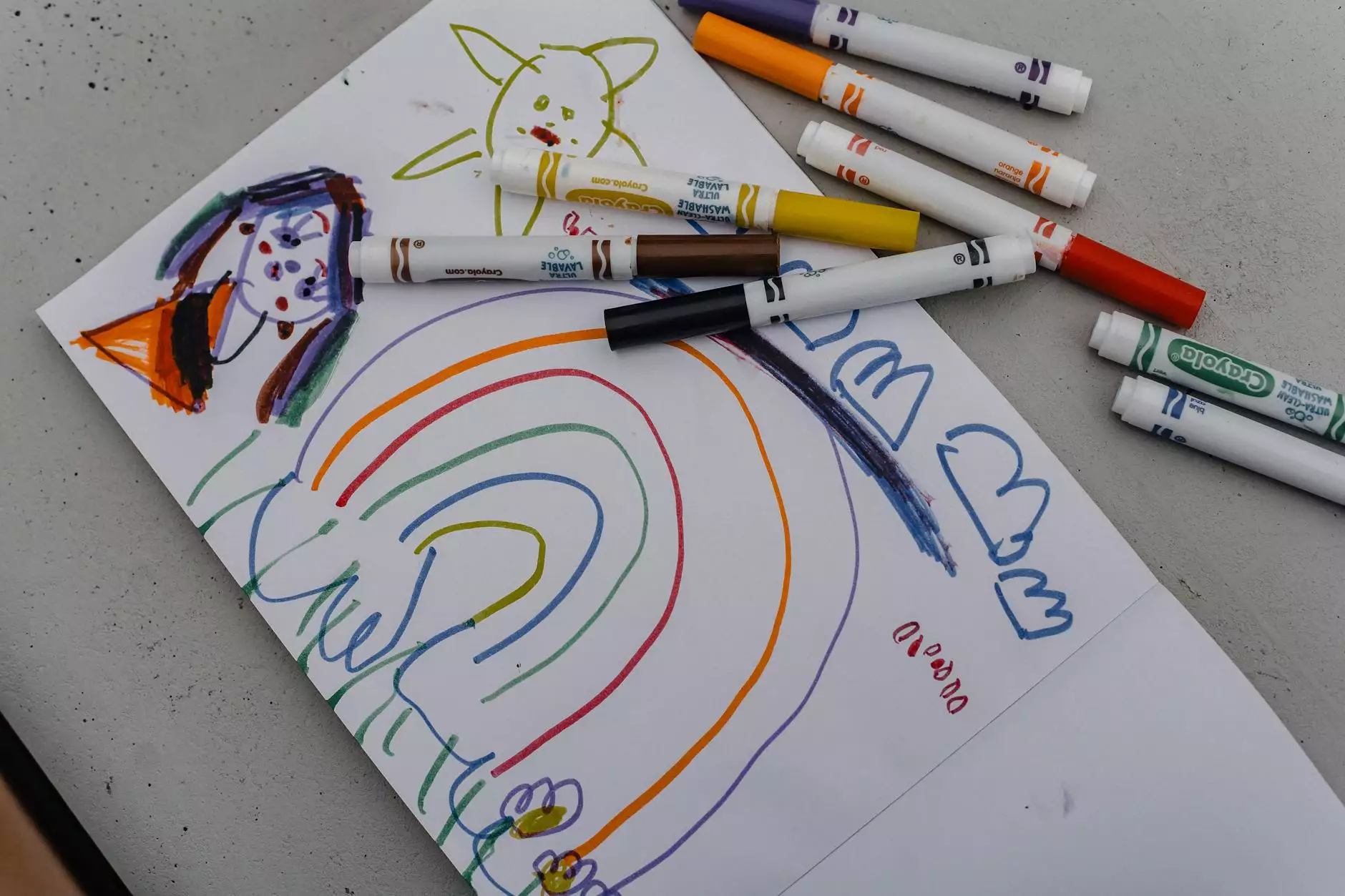Countable and Uncountable Nouns – Part 2
English Grammar Lessons
Introduction
Welcome to NJCLT's free English lesson on countable and uncountable nouns!
In this lesson, we will explore the irregular forms of countable nouns. By understanding these irregularities, you will be able to further expand your English vocabulary, enhance your language proficiency, and communicate effectively in different contexts.
Understanding Countable Nouns
Countable nouns are objects or things that you can count individually. They have both singular and plural forms, and are often preceded by an article or a number.
For instance, when you say "a book," "books," or "two books," you are referring to countable nouns. These nouns can be easily quantified and enumerated.
Irregular Forms of Countable Nouns
While most countable nouns follow a regular pattern when forming their plural forms, there are certain nouns that have irregular plural forms. It's important to be aware of these irregularities to communicate accurately and avoid common mistakes.
Examples of Irregular Plural Forms of Countable Nouns
- Child - Children
- Man - Men
- Woman - Women
- Mouse - Mice
- Tooth - Teeth
- Foot - Feet
- Person - People
- Leaf - Leaves
Improving Your Language Proficiency
By familiarizing yourself with the irregular forms of countable nouns, you can elevate your language proficiency and fluency in English. This knowledge will enable you to communicate more confidently and accurately, without making common errors.
When writing or speaking in English, it's important to pay attention to countable nouns and their irregular forms. Practice using them in various contexts to reinforce your understanding and refine your language skills.
Conclusion
Congratulations on completing Part 2 of NJCLT's Countable and Uncountable Nouns lesson! You have gained valuable insights into the irregular forms of countable nouns, which will undoubtedly enhance your English vocabulary and proficiency.
Continue practicing and applying this knowledge in your everyday conversations to solidify your understanding and become a more fluent English speaker. Stay tuned for more engaging and informative lessons from NJCLT!










